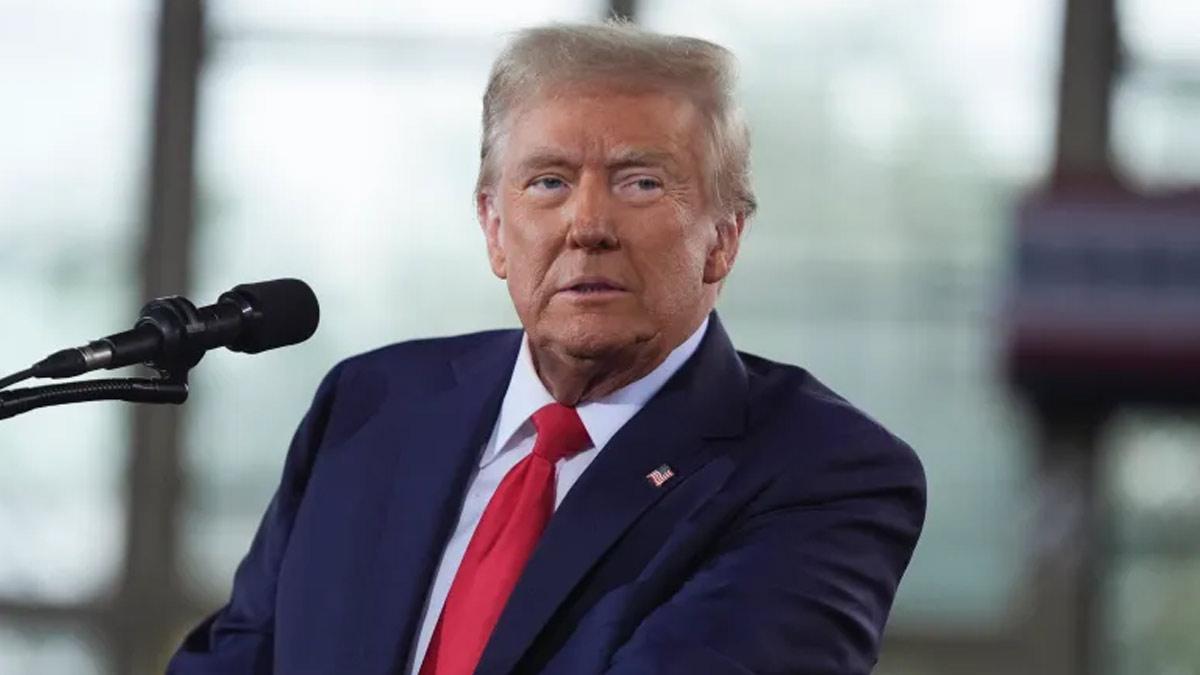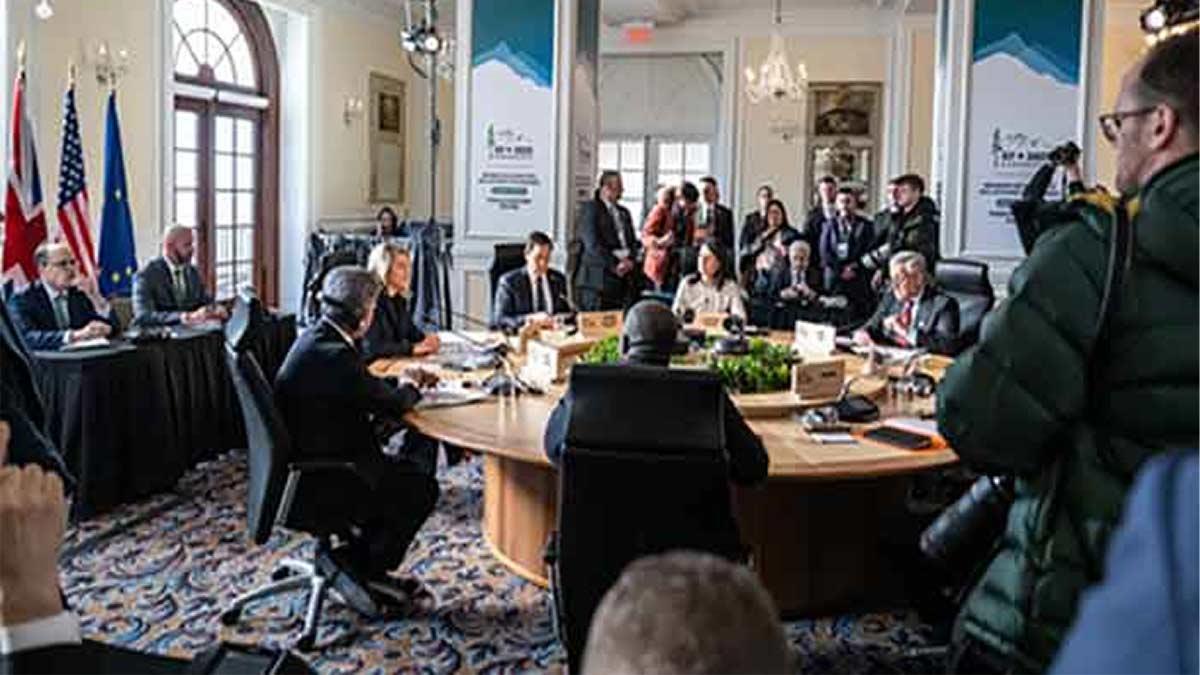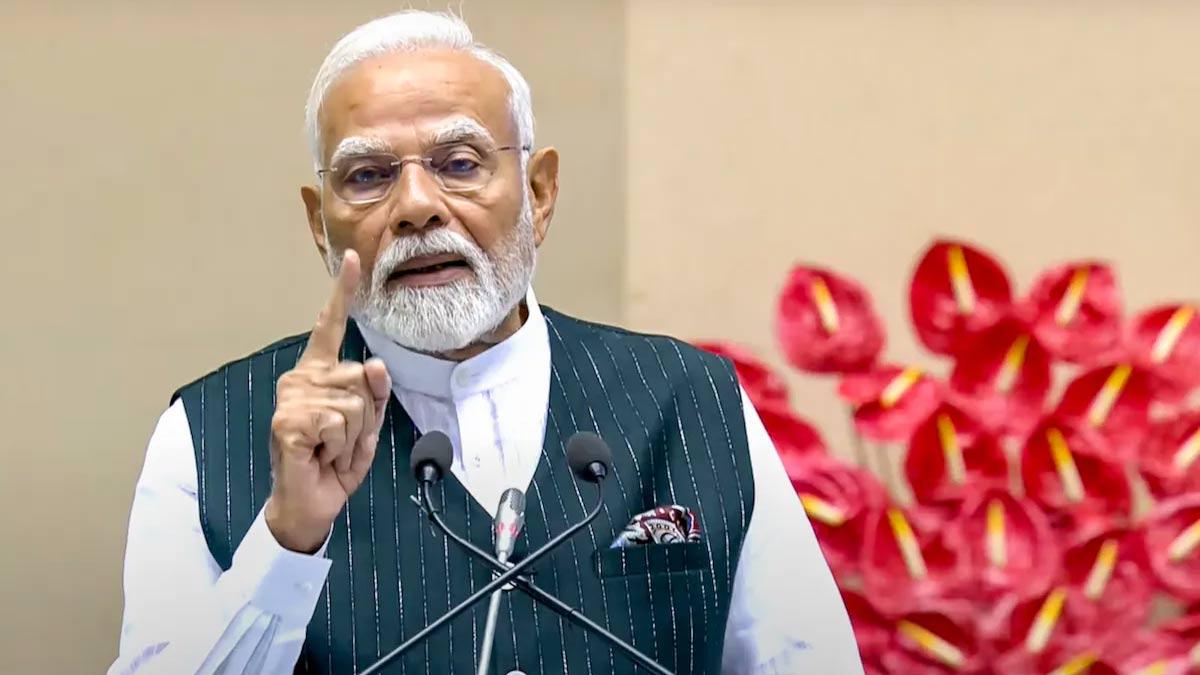In traditional dramatic style, former US President Donald Trump stunned world leaders on the first day of the G7 summit in Canada by declaring he was shortening his visit to hastily return to Washington.
"I have to be back, very important," Trump declared mysteriously. "You probably see what I see, and I have to be back as soon as I can."
His sudden exit occurred as tensions escalate in the Middle East, with Israel's surprise and aggressive attacks on Iranian nuclear and military targets last Friday sparking an intense and escalating war between the two regional hegemonies.
Trump's premature departure only fueled rumors that he was sprinting back to the White House to broker a ceasefire. French President Emmanuel Macron even intimated that there could be a truce.
"An offer was made … to secure a ceasefire and then trigger wider discussions," Macron said in a press briefing at the summit. "The president indicated that there are discussions in place. So if the United States can secure a ceasefire, that's a great thing."
Trump didn't hesitate to contradict Macron's statement on his social media platform, Truth Social.
"Wrong! He knows nothing about why I am going to Washington now, but it has nothing to do with a Cease Fire. Much larger than that. Whether intentionally or not, Emmanuel always gets it wrong. Stay Tuned!" Trump posted.
Prior to boarding Air Force One, Trump allegedly told the National Security Council to meet in the White House Situation Room — a venue more associated with wartime planning than diplomatic negotiation.
Whether or not Trump's return portends preparation for war or peacemaking is uncertain. But if he can succeed in negotiating a peace agreement between Israel and Iran, it would represent a rare and important foreign policy triumph, particularly for a president still being held accountable for broken promises to end the wars in Gaza and Ukraine.
Indications of a Potential Breakthrough?
As per Axios, U.S. officials had been having discreet conversations with Tehran regarding the possibility of a direct meeting this week, and there are signs that Iran would now be willing to engage in ceasefire talks.
This is while Iran continues to face significant military defeats. Its most important regional allies — Hamas, Hezbollah, and the Assad government — have either been defeated or are made impotent, and its missile stockpiles are being depleted quickly.
"They've fired 20% of their store of ballistic missiles in a few days, and not a great majority of them actually found their targets in Israel," said Eurasia Group President Ian Bremmer. "In the meantime, Israel has killed a significant portion of Iran's military command, disrupted key infrastructure, and inflicted serious damage to their nuclear program."
Israel Unlikely to Back Down
Though the extent of the destruction wrought, there is little sign that Israel is ready to cease its onslaught. Prime Minister Benjamin Netanyahu has indicated that there will be a sustained military campaign.
"There's more to be done. We opened the road to Tehran, and our pilots above the skies of Tehran will administer blows to the Ayatollah regime that they cannot even conceive," Netanyahu stated.
Within a week, Israel has apparently taken two of Iran's three enrichment plants out of action and killed many of Iran's top nuclear and military commanders.
Missed Opportunity and U.S. Credibility
The eruption of violence also undermined a key diplomatic moment. American and Iranian negotiators were set to restart negotiations on a new nuclear agreement last Sunday — an agreement Trump had vowed after pulling out of the 2015 deal in 2018 but never produced.
That sit-down never occurred. Iran's top negotiator was a casualty of the Israeli attack, and America's role as a credible facilitator has been undermined. If Washington had foreknowledge of the Israeli attack and did nothing, then it looks complicit. If it did not, then it looks ineffective and sidelined.
A U.S. official told Axios that Tehran is still signaling a willingness to engage. “But what we don’t know is, have they been brought to their knees fully so that they realise that in order to have a country, they have to talk? And assuming they get there, is there any degree of enrichment we would allow?”
Bargaining for Survival
According to Bremmer, Iran’s motivation for negotiation is likely rooted in existential concerns.
“If you’re Iran right now, regime survival is the top priority, and every hour that goes by puts that further at risk,” he said. “They also understand that if they refuse to talk, the U.S. is more likely to get directly involved in the war.”
As the war continues to intensify, the world waits to see if Trump will continue to ratchet up the crisis — or make a surprising diplomatic breakthrough.
Read also| G7 Stands by Israel, Identifies Iran as Key Driver of Mideast Turmoil


















